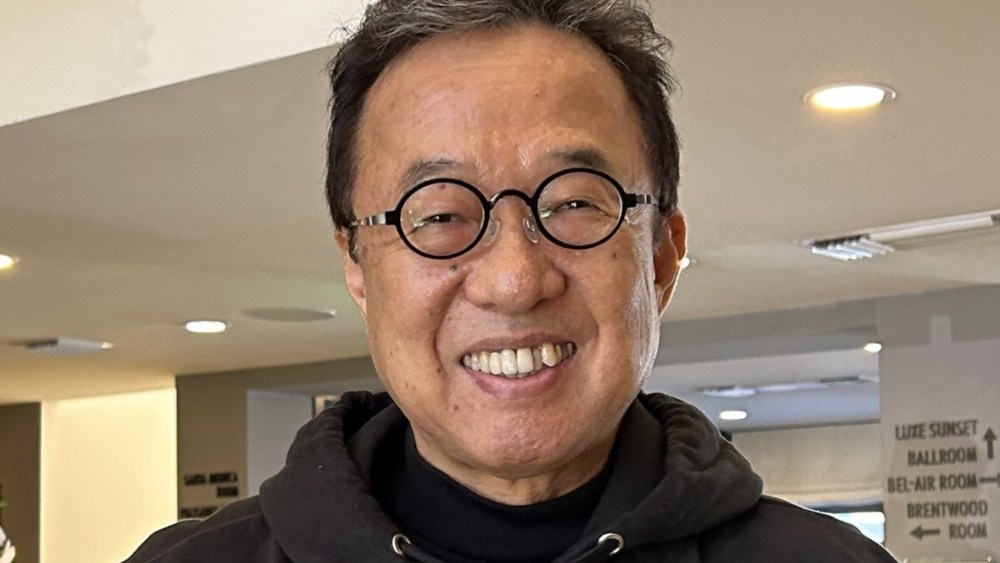Tetsu Fujimura’s keynote address, “The Future of Japanese Intellectual Property in Global Adaptation,” provided TIFFCOM attendees with a convincing argument that Japanese intellectual property is rapidly becoming one of Japan’s core industries, rivaling even the mighty automobile manufacturers.
TIFFCOM is the market division of the Tokyo International Film Festival.
Fujimura, who is the founder and CEO of the consulting firm Philosophia and the founder of the major distribution company GAGA Corporation, began the talk by lively talking about how he has established himself as a major producer of Japanese content for audiences around the world, including Netflix’s hit live-action One Piece series.
Key to his success, he explained, was his connections with top Hollywood producers, including Marvel Studios founder Avi Arad, with whom he produced the 2017 live-action sci-fi “Ghost in the Shell,” and TV producer Marty Adelstein, with whom he partnered on “One Piece.”
But as he explains in a blizzard of carefully researched facts and figures, his personal accomplishment is just one wave in a growing tsunami of Japanese IP making its way into global markets, from manga and anime to movies and games.
This tsunami has been building for a long time, from the 1990s, when only 10-20% of the world’s top 30 grossing films were based on existing IP, to approaching 90% this decade.
Of the top 20 titles in the latest IP revenue ranking compiled in 2021, 10 were Japanese titles, including “Pokemon,” “Hello Kitty,” “Anpanman,” “Super Mario,” “Shonen Jump,” “Gundam,” “Dragon Ball,” “Fist of the North Star,” “One Piece,” and “Yu-Gi-Oh!”. Fujimura commented, “In these world rankings, it is inevitable that many Japanese works will appear.” “I hope you understand that Japan is an important presence in the world in many ways.”
Why is Japanese intellectual property so strong? Mr. Fujimura cited three reasons for this. One is the strong demand for Japanese manga and anime, backed by major publishers, television broadcasters, and anime production companies. Global distribution of anime led by Netflix and Amazon. And Japan has established itself as one of the world’s gaming powers, with Sony (Uncharted, Gran Turismo) and Nintendo (Sonic the Hedgehog, Super Mario) leading the way, as well as producing hit movies from their games.
“Among the Hollywood live-action movie adaptations of game originals, Japanese IP currently has the highest number of titles,” Fujimura said. “I think it will gain even more attention in the future.”
As an example, 2023’s “The Super Mario Bros. Movie” grossed $1.361 billion worldwide, making it the fifth-highest grossing animation in history. “Disney has produced countless animated films, but this one surpasses all but Frozen 2,” Fujimura said. “The result is incredible and shows just how powerful Japanese animation is.”
“We believe Japan’s leading IP genres, such as manga, anime, and games, have tremendous growth potential and will continue to be a source of pride. This is a testament to Japan’s strength and proves that Japanese IP can succeed in Hollywood.”

